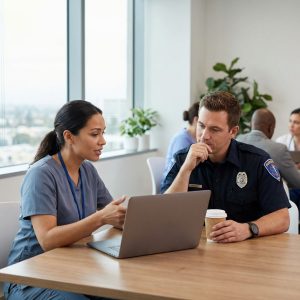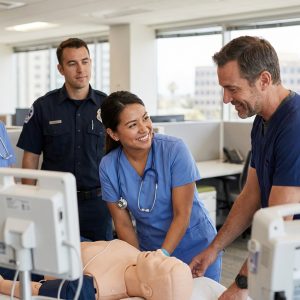Our Latest Blog
Explore our American Heart Association blog for expert insights on CPR training, BLS certification, and life-saving techniques to enhance your skills and knowledge.

Best Affordable CPR Certification Options in California: Top Recommendations for Healthcare Professionals
February 27, 2026
No Comments

Compliant ACLS PALS Recertification Requirements for California Healthcare Professionals
February 25, 2026
No Comments

Best Evening and Weekend ACLS PALS Training Options for California Healthcare Professionals
February 24, 2026
No Comments







